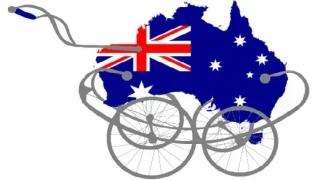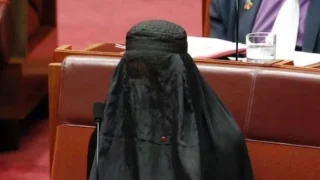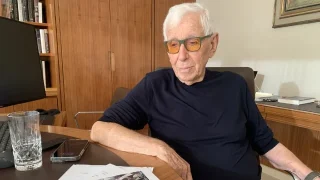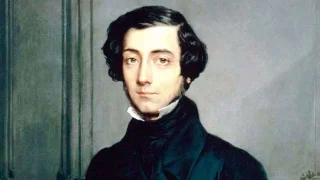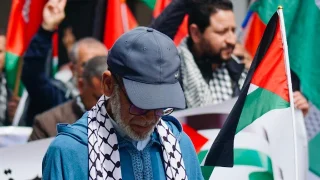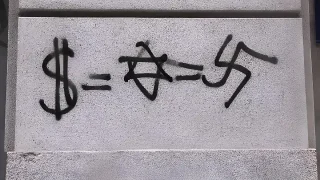
The arrival of Pauline Hanson's One Nation on the Australian political scene has been the subject of much discussion, but there has been little analysis of what its policies really mean. Consideration of those policies, or 'Hard' Hansonism, in relation to immigration reveals attitudes that are simplistic, populist, nostalgic and deeply hostile to Australia's liberal-democratic tradition.
One Nation is obsessed with the threat of 'Asians' and 'Asianisation' to an extent that can only be explained by racial prejudice. Its claim to support a non-discriminatory approach simply cannot be believed. The sort of measures demanded by Hard Hansonism would involve increases in the power of government to shape and control Australia's population and would be fundamentally incompatible with liberal institutions.
However, the mindset expressed by One Nation is not dissimilar to tendencies that are already common inAustralian politics, which could be called 'Soft Hansonism.' The example of treatment of asylum seekers makes this clear. Despite growing domestic and international criticism, Australia under both Labor and Coalition governments has routinely detained asylum seekers while their applications for refugee status are determined. Innocent people have been effectively imprisoned, often for long periods, with limited access to legal assistance or other sources of support. For refugees who have already been through traumatic experiences in their home countries, this is grossly inhumane.
Both major parties have also collaborated in attempts to limit review by the courts of decisions concerning refugees. Their rhetoric has cast judicial independence as an obstruction to good government, instead of an essential feature of a liberal constitution.
A response to Hansonism must support the rule of law and defend the rights of Australians from whatever background. The rhetoric of good neighbourliness offers a way to appeal to the best inAustralia's traditions.
Dr Chandran Kukathas is Associate Professor of Politics, University College, University of New South Wales, Australian Defence Force Academy. He is the author of Hayek And Modern Liberalism (Oxford University Press, 1989) and edited Multicultural Citizens (CIS, 1993). He has published articles on the philosophy and politics of multiculturalism, and is also a regular contributor to Policy.
Dr William Maley is Senior Lecturer in Politics, University College, University of New South Wales, Australian Defence Force Academy. He has served as a Visiting Research Fellow in the Refugee Studies Programme at Oxford University, and co-authored, among other works, The Theory of Politics: An Australian Perspective (Longman Cheshire, 1990), and The Australian Political System (Longman Australia, second edition 1998). His most recent work is an edited collection entitled Fundamentalism Reborn? Afghanistan and the Taliban (Hurst & Co, 1998).



